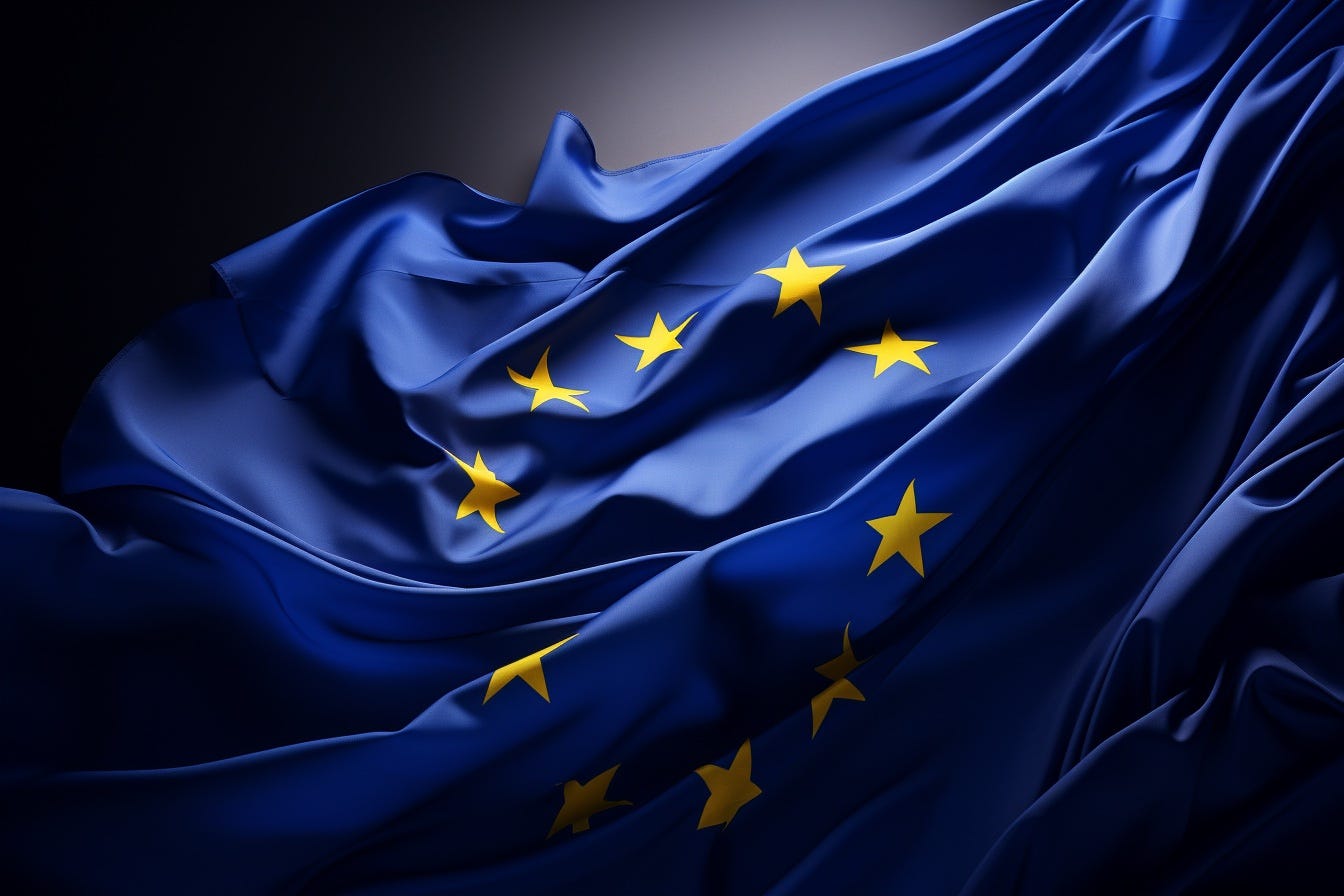AI Roundup 045: Google's just getting started
December 15, 2023.
AI arms race: Google
In the aftermath of Gemini's release, Google hasn't slowed down. This week saw plenty of Gemini news, plus some impressive new model announcements.
The key announcements:
The Gemini Pro API is now available through GCP's AI Studio - at 60 free queries per minute, Google's free tier is decidedly undercutting OpenAI.
Gemini is reportedly being integrated with dozens of Google products (despite some mixed early impressions), including "Pixie," a new hardware-based AI assistant.
Beyond Gemini, the company also announced two new foundation models: Imagen 2 (an upgrade to its image generator) and MedLM (a suite of healthcare models to help doctors and medical researchers).
And a new DeepMind system has helped mathematicians make progress on an unsolved combinatorics problem.
Elsewhere in the FAANG free-for-all:
Meta added multimodal AI to its smart glasses, letting the onboard AI answer questions by taking and analyzing photos.
Snapchat+ subscribers can now create AI selfies and include generated images of their friends.
And Dropbox faced backlash as a new "on-by-default" setting led users to believe their private files were being shared with OpenAI.
AI arms race: OpenAI
Speaking of OpenAI - the startup has quite a lot of plates spinning at the moment between new funds, research teams, and GPT-4's "laziness."
What to watch:
The Superalignment research team released new research on supervising advanced AI models, plus a $10 million "fast grant" program for alignment research.
On the commercial side, OpenAI's Startup Fund launched the second cohort of its Converge program; successful applicants will receive $1 million in funding.
There's a new deal between OpenAI and Axel Springer (which owns Politico, Business Insider, and more) to license its content for AI training.
The company has acknowledged complaints that GPT-4 is getting "lazier," despite the model not having been changed. One fascinating theory is the "winter break hypothesis": as the holidays approach, ChatGPT is trying to avoid as much work as possible.
And Sam Altman confirmed that ChatGPT Plus subscriptions are available again.
Elsewhere in foundation models:
On the open-source side, Mistral has made waves with Mixtral, a new 7B parameter "mixture of experts" model that punches above its weight. For reference, most state-of-the-art models have 70B parameters or more.
Likewise, Microsoft released Phi-2, a small language model (2.7B parameters) that's small enough to fit on a phone comfortably. It's not as powerful as ChatGPT (yet), but having fast, private models opens up many interesting possibilities.
And Stability AI introduced Zero123, a model that generates 3D objects from static images. Like other recent Stability AI models, Zero123 is not licensed for commercial use - but a paid Stability Membership solves that problem.
The AI Act
After two years of discussion, months of recent changes, and a final three-day marathon debate, the EU has reached a (provisional) deal for its AI Act. The landmark legislation will likely serve as a template for other countries.
Why it matters:
Rather than explicitly legislate every possible use case of AI, the bill breaks new tech into "risk tiers," with the highest-risk systems facing onerous oversight or outright bans.
The bill underwent major revisions to deal with ChatGPT and the explosion of generative AI, revealing underlying tensions. Germany, Italy, and France pushed for weaker regulation to protect their budding foundation model startups.
But it will still take years for the final bill to go into effect; it's expected to be fully ratified by mid-2024, with enforcement gradually rolling out over the next two years.
Elsewhere in AI geopolitics:
Pro-government news outlets in Bangladesh are promoting AI-generated disinformation ahead of their January 2024 elections.
A deepfake of Vladimir Putin questioned the real Russian President about AI during a public Q&A session.
And a US GAO review of 20+ agencies reveals over 200 applications and over 500 planned uses of AI and ML - despite a lack of guidance.
Things happen
A US politician is robocalling voters with an AI chatbot. Grimes has a new line of AI plush toys. Intel announces Gaudi3, an AI chip to compete with the H100. New research suggests AI cheating fears were overblown. The US Department of Energy opens a new office to use AI to fight climate change. The NYTimes hires Quartz cofounder to establish principles for using AI. Midjourney Alpha lets early users generate images outside of Discord. UK judges are now allowed to use ChatGPT to write legal opinions. A new old kind of R&D lab. Essential AI, founded by two "Attention is all you need" authors, comes out of stealth. The US needs an AI moonshot mentality. OctoML ends partnership with Civitai after media investigation. Ask HN: Daily practices for building AI/ML skills? H&R Block's AI tax filing assistant. Most companies using AI are "lighting money on fire". On being wrong about AI. Atlassian adds new AI features to Jira and Confluence.
Last week’s roundup
AI Roundup 044: Google Gemini
At long last, after months of speculation, leaks, and delays - Google released Gemini, its state-of-the-art language model. Gemini comes in three tiers: Ultra, Pro and Nano.







